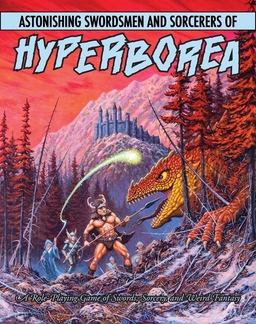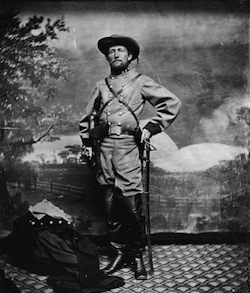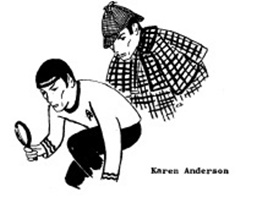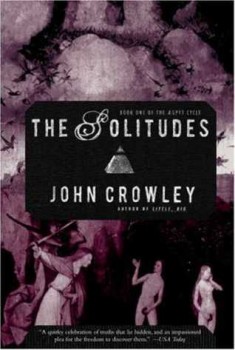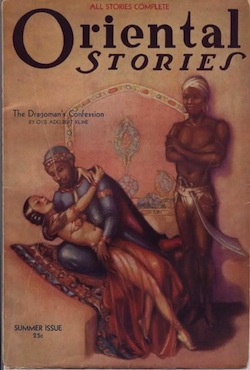Modular: Castles & Crusades Expands
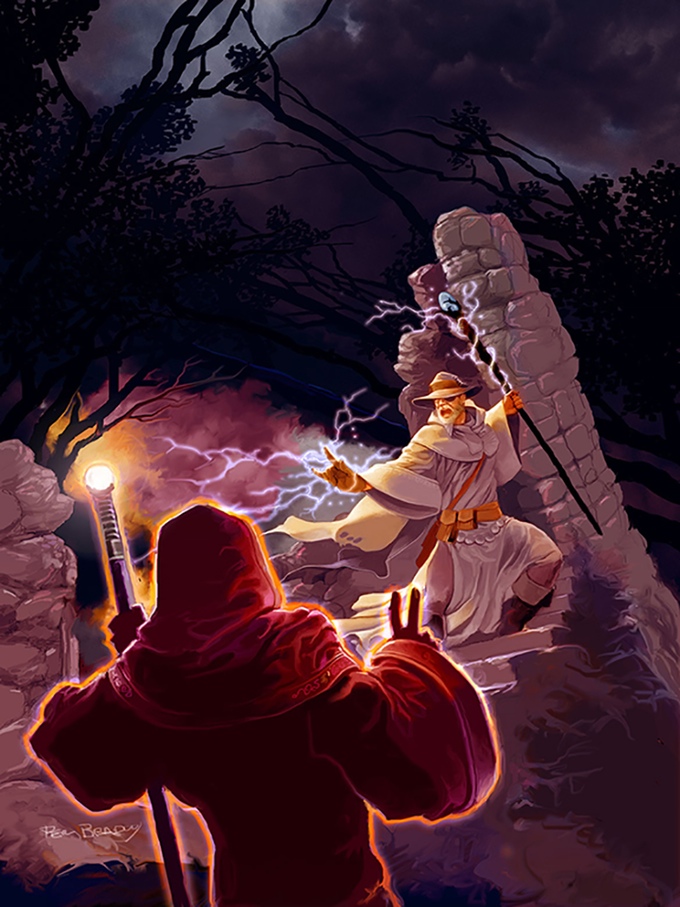 To my shame, the first time I ever caught sight of the Castles & Crusades game I simply walked right past its GenCon booth, wondering why anyone needed another version of Dungeons & Dragons. Pathfinder had launched recently, and D&D 3.5 was still going strong, and I just didn’t see the point. As a matter of fact, not knowing about the mechanical innovations of the system or its connection to Gary Gygax, I assumed C&C was a blatant rip-off.
To my shame, the first time I ever caught sight of the Castles & Crusades game I simply walked right past its GenCon booth, wondering why anyone needed another version of Dungeons & Dragons. Pathfinder had launched recently, and D&D 3.5 was still going strong, and I just didn’t see the point. As a matter of fact, not knowing about the mechanical innovations of the system or its connection to Gary Gygax, I assumed C&C was a blatant rip-off.
Man, did I miss the boat. I didn’t know that soon other people would be just as tired as I was of bloated skill lists, feats, and rules for every conceivable situation under the sun. I had no idea I’d soon be wishing for an end to the long skill lists and would be longing for the archetypal “simple” way that old school systems had done it. C&C pretty much predated the entire Old School Renaissance, or at least was out at the forefront when the OSR movement was just getting started.
The old school game movement mostly involves repackaging original D&D systems rather than simply encouraging play from the original versions of D&D because, let’s face it, in a lot of the original D&D books it was hard to find things, there were scads of charts, some of the rules were fairly arbitrary, and some of the classes weren’t all that well balanced. The game was still loads of fun, but you started noticing those things after you played awhile. And, of course, until recently, you couldn’t lay hands on versions of the originals without paying for used copies, sometimes through the nose.
